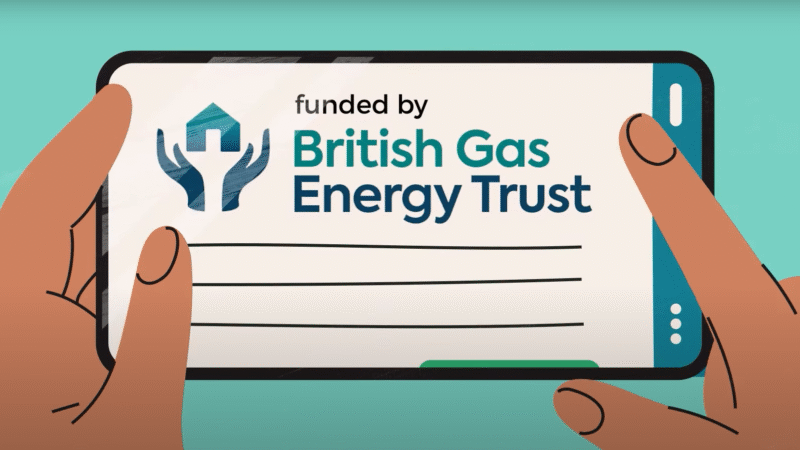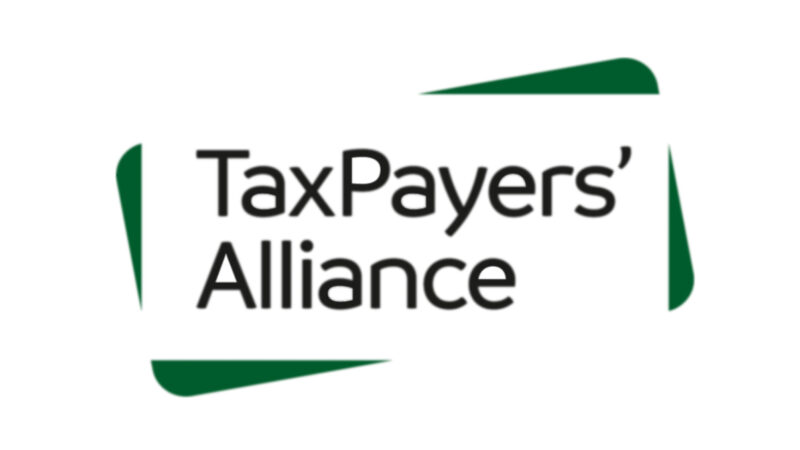Sales Talent provides practical business tips for 2023 as UK faces “prolonged” recession

The approach of a new year usually brings a frisson of excitement, with the promise of fresh starts and a business climate packed with people reinvigorated after the Christmas break. Yet with Chancellor Jeremy Hunt confirming that the UK economy has fallen into recession, many businesses are finding it tougher than usual to think positively as we head towards 2023. The Bank of England’s expectation that the “prolonged” recession will last into the first half of 2024 certainly doesn’t help when it comes to being optimistic.
However, this isn’t the first recession the UK has weathered and sales transformation specialist Sales Talent is reminding businesses that there are practical steps they can take to ward off the worst of the economic gloom.
“There is plenty we can learn from the credit crunch and from previous recessions when it comes to operating a business in a tough economic climate. The way that companies manage their sales and marketing teams, for example, can make a huge outcome to how they weather the financial storm.”
Paul Owen, MD, Sales Talent
Sales Talent is keen to point out that being realistic doesn’t have to mean being pessimistic. The firm is urging businesses to implement a range of practical tips for 2023 to ensure that lessons from previous recessions are not lost.
First is a switch to focusing on market share, not targets. Sales and marketing teams that are focused on getting new eyeballs on their brand can be inspired to innovate and create. Those feeling beaten down trying to achieve unrealistic, pre-recession targets, however, are unlikely to perform at their best.
Another important point is that now is the ideal time for firms to revisit their lead generation and conversion strategies. Are opportunities being missed when it comes to finding new business? Is everything possible being done to convert new leads into paying customers? Any work that can improve the lead generation and conversion process will pay dividends both during a recession and after.
Support for individual team members is also essential. As Sales Talent’s Paul Owen points out:
“Team members who feel supported and confident in their position and their importance to the business will be far more likely to perform at their best. Competence and confidence go hand-in-hand, so companies that put training programmes in place to grow their team’s skills and knowledge should see a resulting jump in confidence – one that benefits the business as a whole.”
Sadly, training budgets are often one of the first thing to be cut during times of recession, but that lack of foresight can end up costing companies dearly. When the good times come around again – which they will, with economics being cyclical – it will be the companies who have invested in retaining and supporting their staff who are ready to make the most of the post-recession surge. For sales and marketing teams, regular training while times are tough could be the difference between them feeling supported and not.






